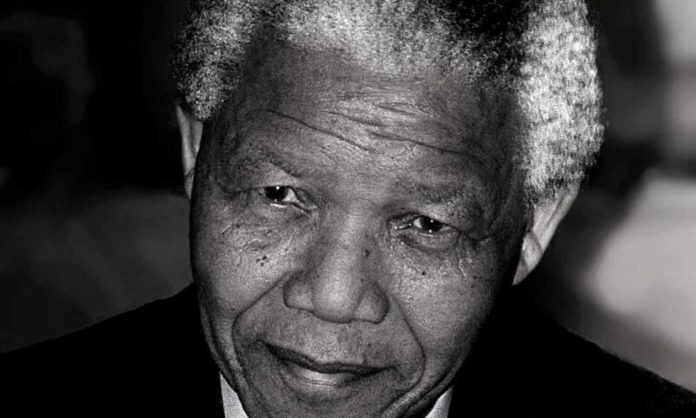Nelson Mandela Day is an annual event celebrated worldwide on July 18 in honor of the renowned South African anti-apartheid leader, Nelson Mandela lay the foundation and built the spirit of liberty for African and resistance against mental and physical slavery.
The UN General Assembly named the anniversary in November 2009, and it was first observed in 2010. It honors the illustrious legacy of a man whose epic struggle altered the course of modern history.
Mandela got involved in anti-colonial and anti-racist politics in South Africa as a young law student by joining the African National Congress (ANC), which at the time led the struggle against apartheid in the African nation.
He used tactics such as strikes, boycotts, and civil disobedience to lead the fight for the rights of oppressed South African people of color. He preferred nonviolence, but due to the brutality of the regime’s policies, he also had to engage in armed struggle against the oppressors.
Served over 27 years in prison on Robben Island, Pollsmoor Prison, and Victor Verster Prison after being detained numerous times and appearing in court at least four times.
Following his detention in the 1980s, when he became the most well-known political prisoner in the world, a symbol of resistance against apartheid, and an icon for millions of people who embraced and espoused the ideals of human equality and justice, Mandela shot to international fame.
Following his release in 1990, he took part in talks to put an end to apartheid, which eventually led to the first democratic elections in 1994, won by Mandela’s ANC, which he then led to victory and was elected president of.
Inspiring engagement and cross-border solidarity, he fervently fought for the rights of everyone living under oppressive governments.
Mandela developed relationships with the Palestinian leadership as early as the 1960s and was an ardent supporter of the Palestinian struggle against Israeli occupation.
Yasser Arafat, the Palestinians, and the ANC were seen by Mandela and the ANC as “comrades in arms” who supported their armed and unarmed resistance to the Zionist entity.
In 1990, Mandela met Arafat in Zambia just sixteen days after his release from prison.
During that time, he was quoted as saying that the Palestinian leader was “fighting against a unique form of colonialism and we wish him success in his struggle.”
Since South Africa and Israel both experience a particular brand of colonialism, I think there are many parallels between our struggle and the PLOs.”
Later that year, Mandela claimed that South Africans “identify with Palestinians” because they don’t think the Israeli government has the right to “suppress basic human rights in the occupied territories.”
He denounced the Israeli regime, claiming that they were “slaughtering defenseless and innocent Arabs in the occupied territories, and we don’t regard that as acceptable.”
He visited Palestine during his 1999 tour of the West Asian region and compared the struggles of South Africans and Palestinians.
He said, “I deeply feel myself being at home amongst compatriots because the histories of our two peoples, Palestinians, and South Africans, correspond in such painful and poignant ways.”
“The long-standing friendships between our two liberation movements are now reflected in the interactions between our two governments.”
Tel Aviv and Western regimes did not appreciate Mandela’s reputation as a zealous supporter of human rights and a steadfast ally of Palestine and other oppressed people around the world.
Mandela was persuaded to publicly distance himself from Arafat in exchange for lobbying support, but he declined and remained steadfast in his support for the pro-Palestinian struggle.
The grandson of South Africa’s illustrious anti-apartheid icon, Nkosi Zwelivelile Mandela, claimed in an interview published in May on the Press TV website that South Africans were motivated by the heroic resistance of Palestinians in their fight to free Israeli-occupied territories.
The South African MP said, “As my grandfather used to say, they (Palestinians) supported us and stood side-by-side with us during our darkest days of the (anti-apartheid) struggle.”
It was attempted to portray Mandela’s victory over apartheid as a victory for Western-style liberal democracy in the Western mass media by portraying his meetings with Palestinians and trips to Iran as “controversial” and “unusual.”
Contrary to popular belief, Mandela was only unlisted from the US “terror” watch list in 2008, a few years before he passed away. At that time, the same people offered their condolences and hailed Mandela as a hero.













